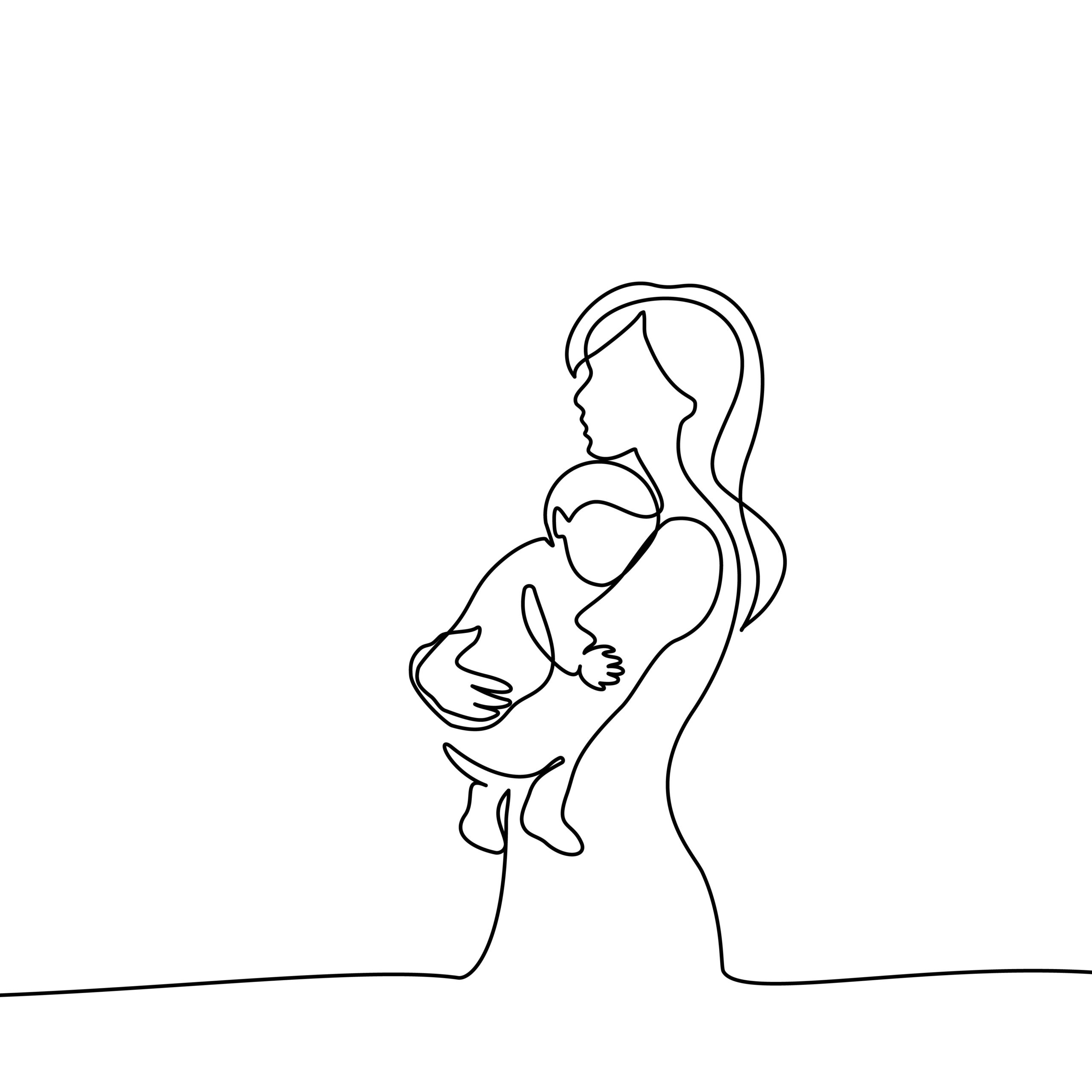The Sexual Revolution and subsequent pro-abortion movements were supposed to liberate women. Instead, they’ve left women unhappy and at high risk of complications in pregnancy.
By Kathrine Bedard
Hookup culture has plagued the younger generations and their sense of responsibility. There is “nothing new” about young men and women engaging with one another, except for the entire culture surrounding it.
The common theme of hookup culture is “no strings attached.” Hookup culture is motivated purely by instant gratification; neither party expects an emotional attachment, romantic interaction, or sense of commitment.
The consequences of these encounters are not discussed nearly enough.
With the “no strings attached” nature of hookups, young adults are finding themselves at a heightened risk for sexually transmitted infections, experiencing sexual assault, and feelings of depression and regret. Some young adults do report positive feelings after a hookup, however, young men are far more likely to report positive feelings compared to young women.
Young adults tend to mistake “no strings attached” for “no responsibility.”
But there are a range of consequences from physical health to mental health. In one study examining 200 college students, 78% of women and 72% of men who had uncommitted sex reported feelings of regret following the encounter. Another study that examined individuals who engaged in a one-night stand and had feelings of regret found that men have stronger feelings of being “sorry that they used another person” where women had stronger feelings of “regret because they felt used.” There are clearly unequal results when comparing young men and young women.
The Sexual Revolution was said to have “liberated” women from the societal norms that kept them from engaging in their sexual desires. The widespread availability of birth control and increase in sex-integrated college dorms are just two examples of steps taken to pursue equal sexual liberation among young men and young women.
The rise in sexually permissive media, from pop-culture movies, books, and songs, to easy access to pornographic material has caused a shift in societal norms, where sexual behavior outside of a traditional committed relationship has become typical. The media portrays hookup culture in a positive light, where these uncommitted encounters are both physically and emotionally enjoyable, and the lack of responsibility is freeing.
But on this progressive hunt for sexual equality among men and women, there is still one biological aspect that cannot be avoided. Women bear the consequences of unintended pregnancy. These “old school” norms ultimately protected women from ending up in a difficult situation.
Progressivism found a solution to this. The “ultimate fix” for women to have the same freedoms in sexual behavior as men is to legalize abortion.
Yet, the immediate, short-term, and long-term risks are still not discussed enough. Abortions are invasive and violate the natural biological order of a woman’s body. There are risks to injury of the uterus, cervix, and blood vessels. There are side effects of nausea, excessive bleeding, abdominal pain, and headaches. Jarring hormonal changes to a women’s body during an abortion have been linked to breast cancer. Tearing, scarring, and damage to the cervix cause complications to future pregnancies and damage to the uterine lining puts women at risk of hemorrhaging during delivery. There is even a risk of death.
Along with physical damage, there are mental health risks for women who choose to get an abortion. A study published in the British Journal of Psychiatry documents that women who have abortions experience an 81% increase in their risk of mental health problems. This shows that abortion is “associated with moderate to highly increased risks of psychological problems.” Further, choosing to have a baby can improve women’s mental health. Women who carry their baby to term are about half as likely to commit suicide compared with the general population of women of childbearing age.
Abortion has NEVER been safe. It is not the “ultimate fix.”
As reproduction has been separated from sexual intercourse, the potential consequences of casual sex are swept under the rug in favor of “equality” among men and women. But, this is leaving women vulnerable to the risks of casual sex and other acts of physical intimacy.
Before Roe v. Wade was overturned, social media posts stated that if it were to be overturned, hookup culture will be “absolutely decimated.” Another user posted “since about 75% of men only care about sex and money I hope they know that this Roe v. Wade decision could destroy hookup culture and leave them paying 18 years of child support.”
Would changing hookup culture really be such a bad idea?
Content on TikTok, Instagram, and Twitter said it themselves, “what women would have mediocre sex with a drunk rando if he could potentially father their child?”
Why should women accept these norms? Why should women engage with men who only care about sex and money? Why don’t individuals demand responsibility and commitment from their partner?
Abortion was the “failsafe” necessity of the Sexual Revolution, creating a culture that can (almost!) avoid all the reproductive consequences of sexual intercourse. Now that Roe v. Wade has been overturned, it is up to the states to decide if their constituents will be forced to reconcile with responsibility, acknowledge potential consequences, and reverse a culture that is harmful for young women.
Kathrine Bedard is a sophomore at Clemson University studying Economics and Political & Legal Theory. She is in the Lyceum Scholars Program and Clemson Honors College. She is involved in Pi Beta Phi, Undergraduate Senate, Fellowship of Christian Athletes, and Pre-Law society. She wrote this piece during her Summer 2022 Internship at the Clare Boothe Luce Center for Conservative Women.


